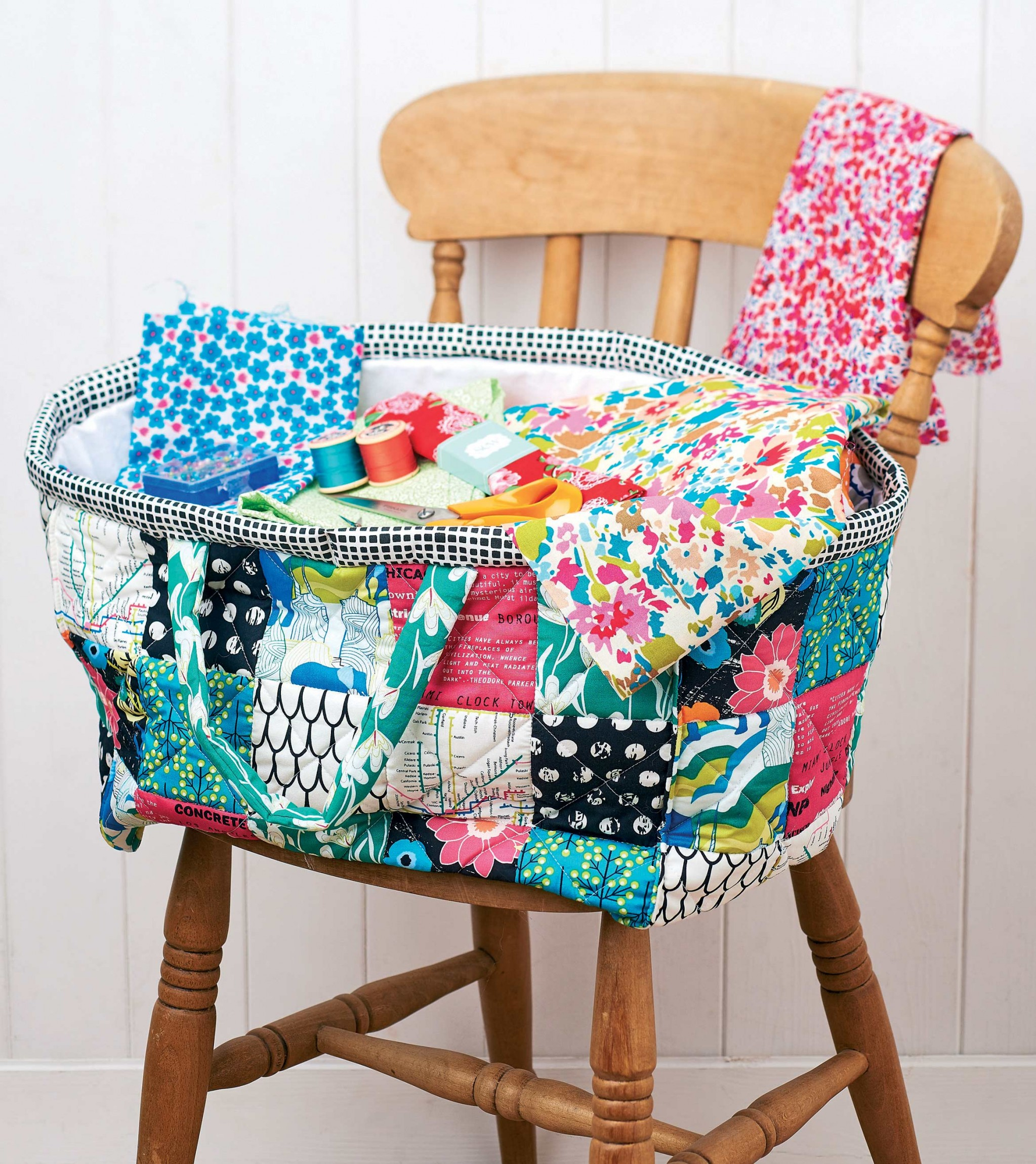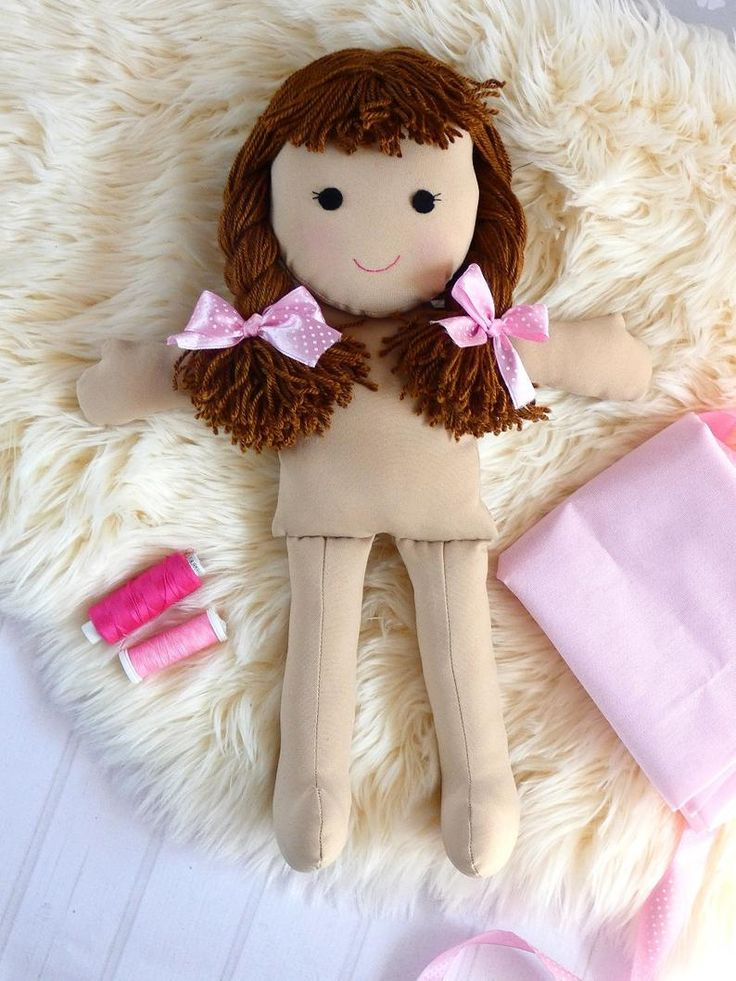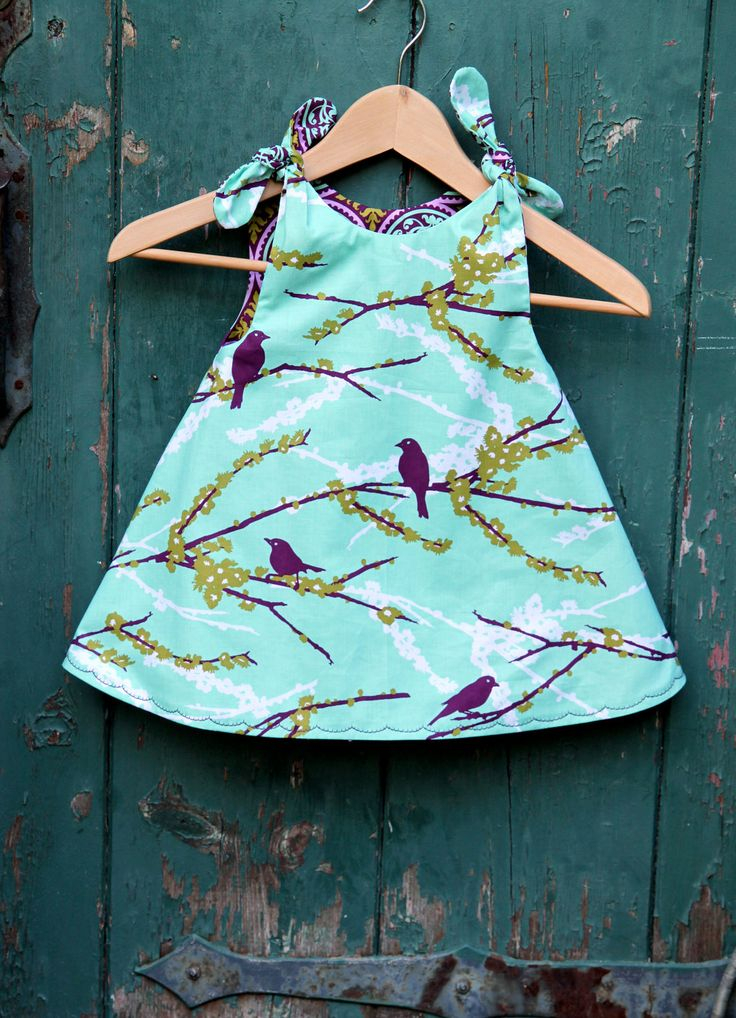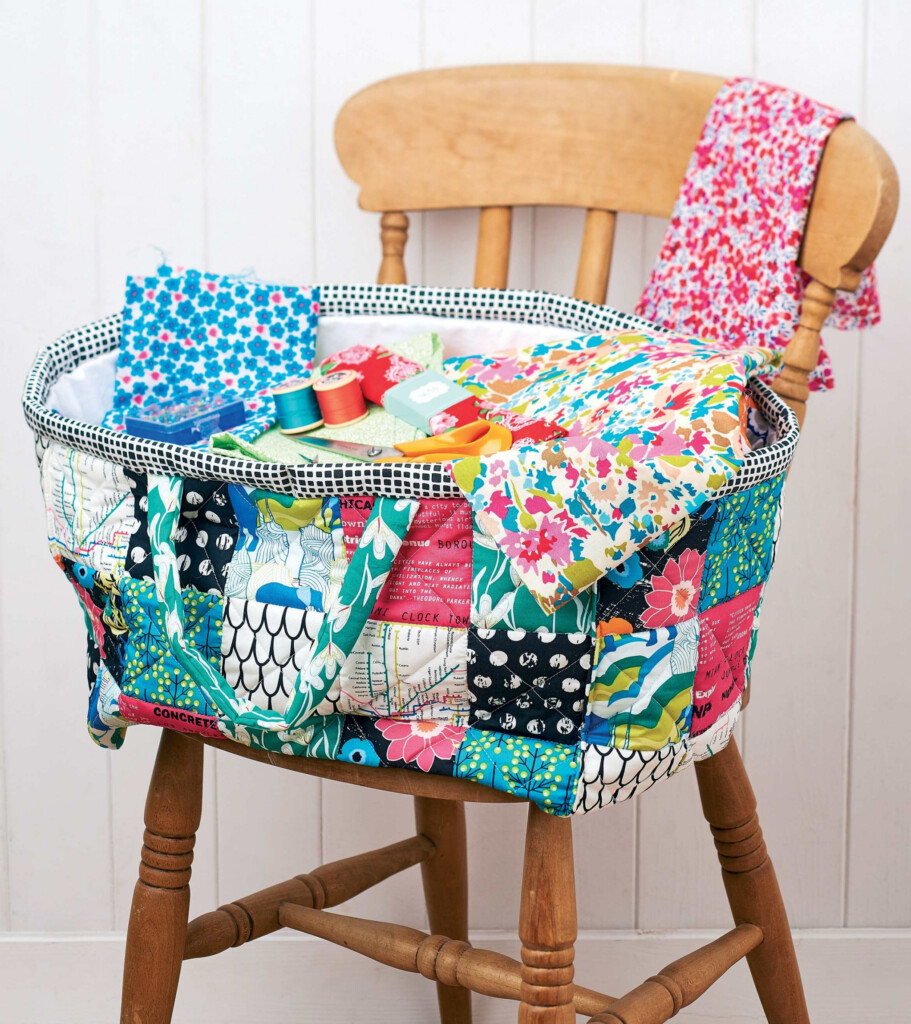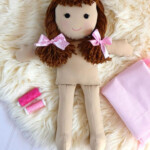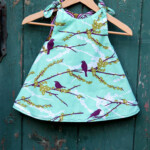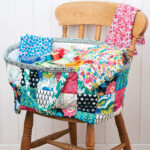Free Printable Stocking Sewing Pattern – Printing sewing patterns are digital sewing patterns that can be downloaded and printed at home. They provide a simple and economical alternative to regular paper sewing patterns. In this article, we’ll guide you through the process of printing and assemble a sewing pattern and how you can alter and alter sewing patterns to make them fit, how you can choose the appropriate fabric for your sewing project, and offer some sewing tips and tricks to boost your skills.
How to print out and assemble a sewing pattern
Making your printer ready:
- Check that your printer’s settings are calibrated to “actual size” or “100% scaling”
- You should use a high-quality print printer for the best results
- You can test print a tiny portion from the pattern to confirm accuracy
Designing and printing the patterns:
- Print the pattern using an enormous format printer or join multiple sheets
- Make use of lightweight paper to make cutting and sewing simpler
Assembling the pattern pieces
- Cut out each pattern piece from the outside edge
- Make sure you match the number notches or markings on each piece
- Use glue or tape to connect the pieces
Cut out the pattern:
- Lay the pattern on your fabric according to the cut layout that is provided
- Make use of sharp scissors to cut out the pattern pieces
- Mark any marks or notches on the fabric
Making adjustments and altering designs to fit
To take accurate measurements:
- Check your body’s measurement at key locations, like the bust, waist, and hips
- Make use of a flexible measuring tool to measure your undergarments, or garments that closely resemble those will be worn with the garment.
- Note the measurements you have taken on a piece of paper or digital chart for future analysis
Shortening or lengthening pattern pieces:
- You can measure the distance between longeren and shorteren lines on the pattern piece, and then evaluate it against the amount the pattern piece needs to be adjusted.
- Cut pieces of the pattern along the lengthen/shorten line
- Make use of a ruler or reduce the size of the pattern piece to your desired length
- Put the tape or glue piece back to the pattern
Making adjustments to the fit of a pattern:
- Create a muslin and/or toile of the design to test the fit
- Mark or pin areas which require adjustments areas that require adjustment, like the waist or waist.
- Utilize a ruler to alter the pattern lines to adjust the pattern lines
- Test the new pattern by creating a second muslin or toile , before cutting into your fabric
Picking the right fabric for your sewing project
Considerations to make when choosing fabric
- Kind of garment or item that is being manufactured
- Experience with the fabric type
- Personal style and preference
- Fabric care instructions
For different kinds or sewing tasks:
- The cotton fabric or blends for quilting, tops, and dresses
- Linen or linen blends work well for summer garments and home decor
- Wool or wool blends can be used for coats and outerwear.
- Knits that can be used for t-shirts as well as activewear
Tips and tricks to sew
Tips for sewing that work:
- Use needles and threads of the highest quality appropriate for the fabric
- Always make sure to test your stitch on one scrap of fabric prior to sewing on your final project
- Hems and seams are hemmed and press seams for to create a professional appearance
- Regularly take breaks to avoid eye strain and fatigue
Sewing techniques to improve your sewing skills:
- Learn basic stitches and techniques, such as the backstitch. basting and Hemming
- Take your time sewing curves and corners for a finished look
- Make an experiment with different seam finishes like French edges or bias binding
Alternate ways to sew:
- Create a decorative stitch or embroidery that will add interest to plain-colored garment
- Include pockets or other useful characteristics to personalize a design
- Play around with fabric dyes or paint to create unique designs.
Conclusion
Printable sewing patterns provide an affordable and convenient option for all sewing levels. With the right tools or techniques, they can create beautiful, customized garments as well as accessories that are perfectly fitted. Make sure you take precise measurements make sure you choose the correct fabric, and work on your sewing skills consistently. Happy sewing!
